We’re diving headfirst into a topic that has puzzled and stressed out many: hair thinning. It’s like that unwelcome guest who shows up uninvited and overstays its welcome, isn’t it? But fret not; we’ve got your back! In this comprehensive guide, we’ll explore the nitty-gritty of hair thinning, leaving no strand unturned.
So, grab your favorite cup of joe, kick back, and let’s embark on this journey to understanding the intricacies of hair thinning.
Table of Contents
What Exactly Is Hair Thinning?
Before we plunge into the causes and remedies, let’s get on the same page about what hair thinning is. Simply put, it’s the gradual reduction in the diameter of individual hair strands. Think of it as your once-lush garden of hair transforming into a patchy, unkempt lawn.
Is Hair Thinning the Same as Hair Loss?
No, it’s not! Hair thinning and hair loss are like cousins, related but not identical. While hair loss refers to the loss of hair from the scalp or other body parts, hair thinning focuses on the gradual reduction in the thickness of each strand. Think of hair loss as your neighbor’s tree losing all its leaves, while hair thinning is your own tree getting sparse branches.
What Causes Hair Thinning?
Now, let’s dig deep into the root causes of this hair-raising issue. There’s a multitude of factors at play, so let’s break them down.
1. Genetics: The Blame Game
Yep, you can blame your parents for this one! Genetic predisposition plays a significant role in hair thinning. If Mom and Dad passed down thin hair genes to you, chances are you’re in the hair-thinning club.
2. Hormonal Rollercoaster
Hormones are like the conductors of the hair-thinning orchestra. Fluctuations in hormone levels, especially during pregnancy, menopause, and thyroid disorders, can lead to hair thinning. It’s like your hair’s response to hormonal mood swings.
3. Nutritional Slip-Ups
Your hair loves a good diet just as much as you do. Lack of essential nutrients, particularly iron, zinc, and biotin, can starve your hair follicles, leading to hair thinning. It’s like expecting a plant to thrive without water and sunlight – not happening!
4. Stress: The Silent Culprit
Stress is that sneaky thief that robs you of many things, including your hair. High-stress levels can disrupt the hair growth cycle, causing strands to weaken and thin. It’s like the price you pay for living life in the fast lane.
5. Styling Overload
We all love to flaunt different hairstyles, but excessive heat styling, tight ponytails, and chemical treatments can take a toll on your hair. It’s like a car running smoothly until you push it too hard, and it starts to sputter.
6. Medications and Medical Conditions
Certain medications and underlying medical conditions, such as alopecia areata, can contribute to hair thinning. It’s like a double whammy when your health and your hair are on the line.
The Hairy Myths: Debunking Misconceptions
Myth #1: Wearing Hats Causes Hair Thinning
False alarm! Wearing hats doesn’t lead to hair thinning. In fact, they protect your hair from harmful UV rays and environmental damage. So, go ahead, rock that stylish hat.
Myth #2: Frequent Shampooing Equals Thinner Hair
Not true! Regular shampooing keeps your scalp clean and healthy. Overusing styling products, on the other hand, can lead to product buildup, but it won’t thin your hair. So, lather up as needed.
Myth #3: Cutting Your Hair Makes It Thicker
Nope, it’s just an illusion. Cutting your hair doesn’t make individual strands thicker. It may give the appearance of thicker hair because you’re removing split ends, which can make hair look wispy.
Battling Hair Thinning: Your Arsenal of Solutions
Now that we’ve identified the foes causing hair thinning let’s talk about the weaponry in your arsenal to combat this issue.
1. Topical Treatments
- Minoxidil: This over-the-counter topical solution can help stimulate hair follicles and promote hair growth.
- Finasteride: Available by prescription, this medication can reduce the hormone responsible for hair thinning in men.
2. Nutritional Boost
- Healthy Diet: Load up on iron, zinc, biotin, and protein-rich foods to nourish your hair from within.
- Supplements: Consult a healthcare professional before taking supplements like biotin or omega-3 fatty acids.
3. Gentle Hair Care
- Avoid Heat: Use heat styling tools sparingly and at lower temperatures.
- Loose Hairstyles: Opt for loose hairstyles that don’t put too much strain on your hair.
4. Stress Management
- Relaxation Techniques: Practice yoga, meditation, or mindfulness to keep stress levels in check.
- Prioritize Sleep: A good night’s sleep can work wonders for your overall health, including your hair.
5. Medical Interventions
- Platelet-Rich Plasma (PRP) Therapy: This procedure involves injecting your own platelet-rich plasma to stimulate hair growth.
- Hair Transplantation: In severe cases, surgical hair transplantation can restore lost hair.
6. Camouflage Techniques
- Hair Fibers: These are microscopic keratin fibers that bond to your existing hair, making it appear thicker.
- Wigs and Hairpieces: For a quick fix, consider wigs or hairpieces to regain your confidence.
Conclusion
There you have it, folks! We’ve dissected the tangled web of hair thinning from its causes to its solutions. Remember, addressing hair thinning is a journey, not a sprint. It requires patience, diligence, and sometimes, the guidance of a healthcare professional.
So, whether you’re dealing with genetic predisposition, hormonal fluctuations, or simply the fallout from your love affair with styling tools, take heart. With the right knowledge and a tailored approach, you can stand tall, flaunting your glorious mane once more.
FAQs
-
Can women experience hair thinning, or is it just a male issue?
Women can absolutely experience hair thinning. It’s not exclusive to men. Factors like genetics, hormonal changes, and styling practices can affect women too.
-
How long does it take to see results with hair-thinning treatments?
Results vary depending on the treatment. Some may take a few months, while others could require a year or more for noticeable changes. Patience is key.
-
Are there any natural remedies for hair thinning?
While there’s no guaranteed natural remedy, some people find success with ingredients like aloe vera, onion juice, and essential oils. Results may vary.
-
Can stress-induced hair thinning be reversed?
Yes, managing stress can potentially reverse stress-induced hair thinning. Incorporating stress-reduction techniques into your daily life can help your hair regain its vitality.
Remember, knowledge is your best ally in the battle against hair thinning, and you’ve just armed yourself with a wealth of it.
But our exploration doesn’t have to end here. To delve even deeper into the world of hair care, uncover more mysteries, and discover the latest tips and tricks, click here. Keep learning, keep nurturing your locks, and here’s to a future filled with healthy, vibrant hair!
To read more such articles, click here.

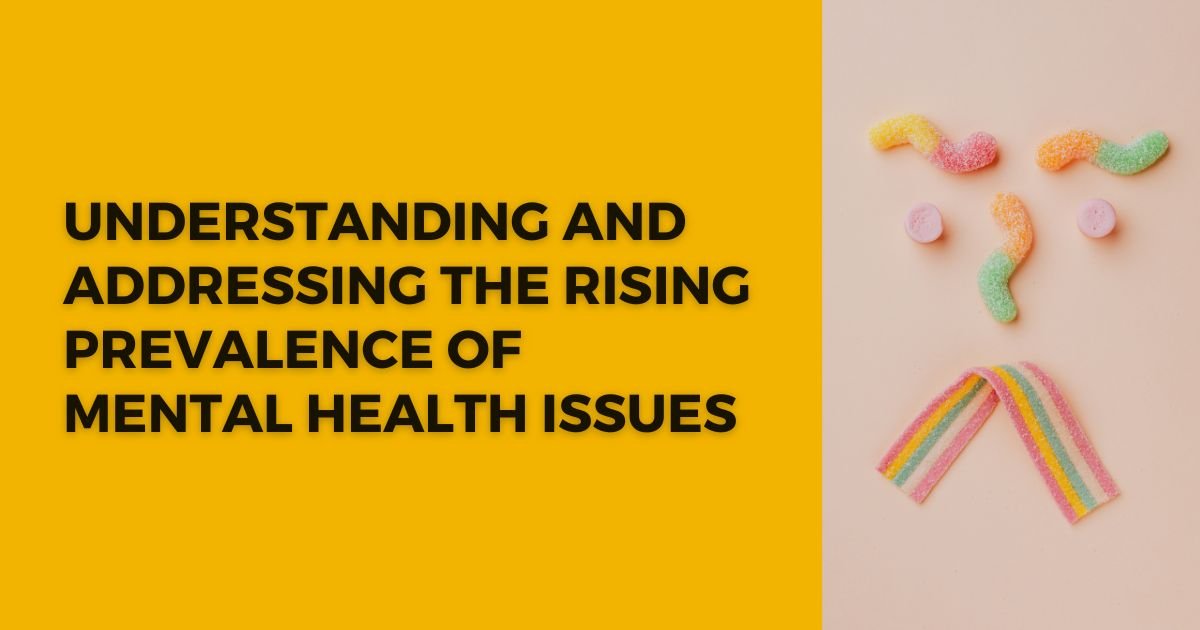

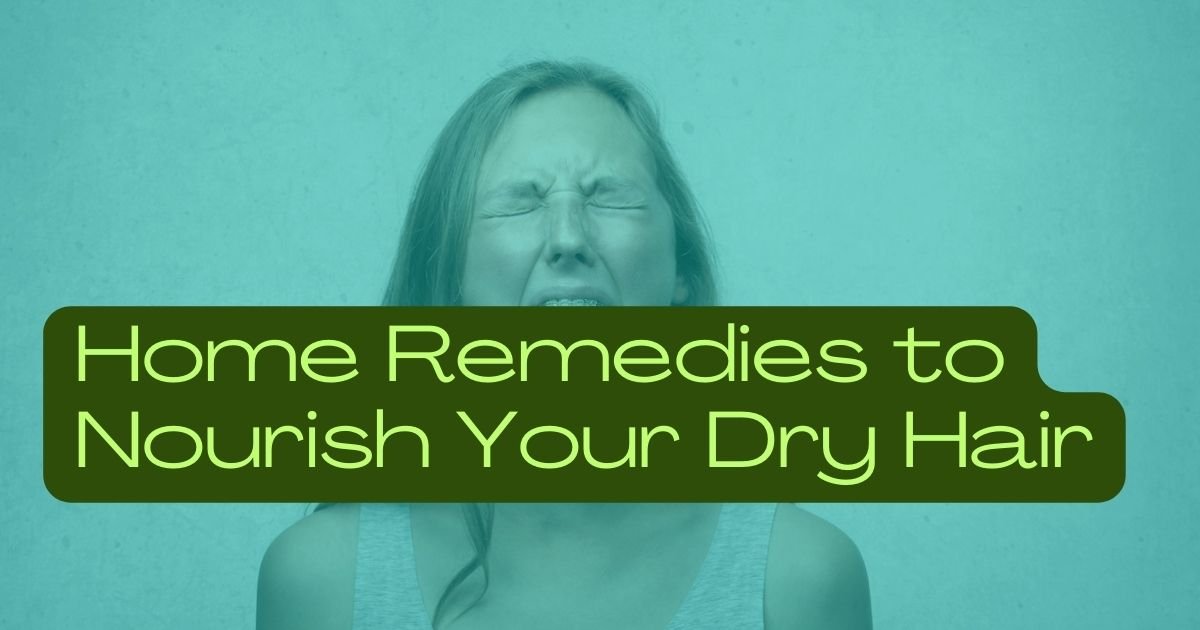

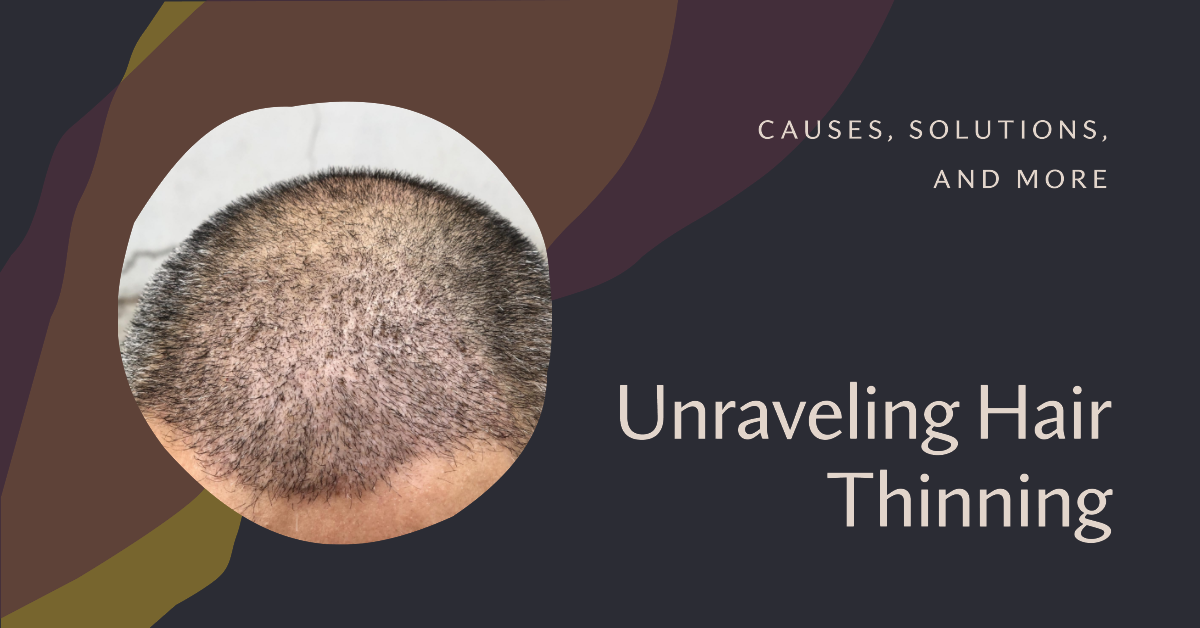
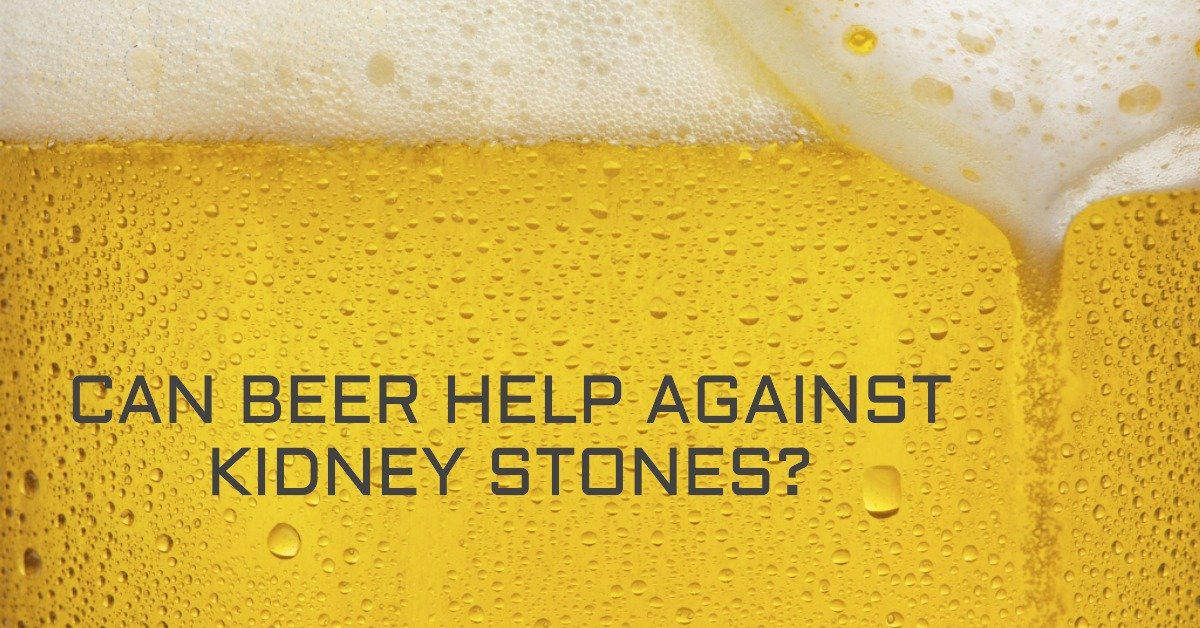
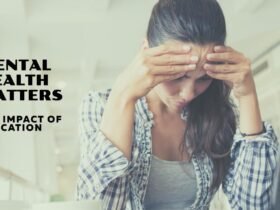

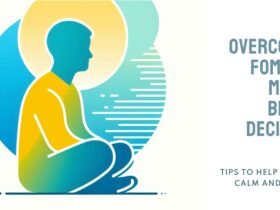
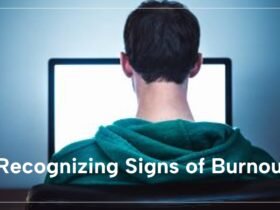
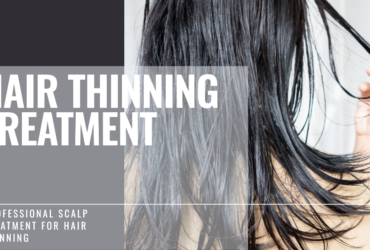
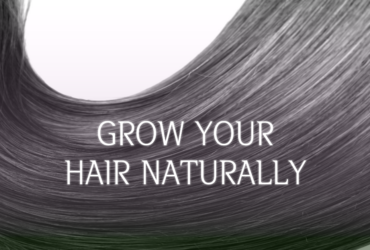
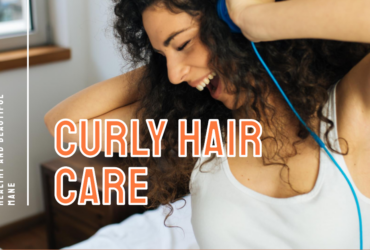
Leave a Reply
View Comments